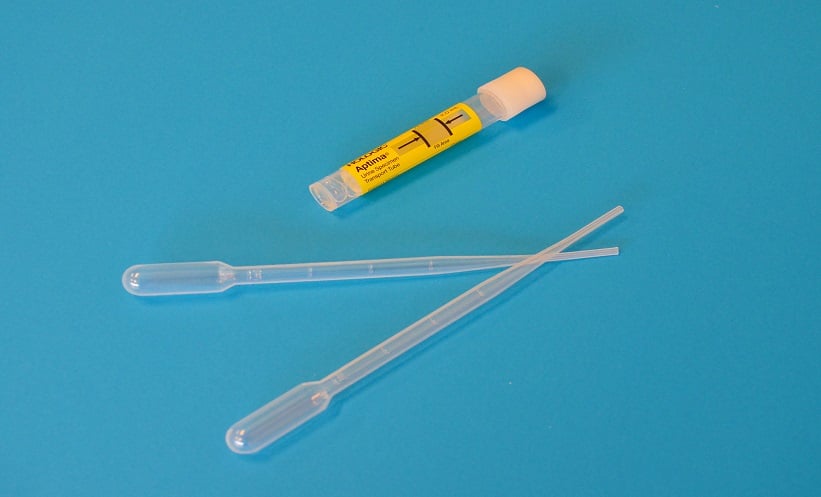RECENT research has uncovered that commensal bacteria from the gut, urinary tract, and prostate tissue may play an unexpected role in the progression of prostate cancer. These microbes possess enzymes that convert androstenedione into epitestosterone (epiT), a potent androgen once considered inactive. The study expands current understanding of microbial steroid metabolism and its potential impact on disease and therapy.
Steroid hormones, such as androgens, are essential for regulating stress, immunity, and reproductive function. Maintaining hormonal balance is key to physiological homeostasis. Previous studies have shown that the gut microbiome can metabolise steroids, but Wang et al. identified two new bacterial enzymes, DesF and DesG, that further extend the microbial steroid-17,20-desmolase pathway. These enzymes were found in Clostridium scindens and Propionimicrobium lymphophilum, bacteria commonly isolated from human gut and urinary samples.
Notably, DesF converts androstenedione to epiT, which was found to stimulate the growth of androgen-sensitive prostate cancer cells (LNCaP) in vitro. Surprisingly, epiT promoted cell proliferation more persistently than testosterone, suggesting a re-evaluation of its role in prostate cancer biology.
Furthermore, analysis of urine samples revealed that certain bacteria capable of converting cortisol into androgenic metabolites were more prevalent in individuals later diagnosed with prostate cancer. Importantly, these bacterial enzymes were not inhibited by conventional hormone therapies like abiraterone acetate and prednisone (AA/P), potentially allowing androgen production to continue and contribute to treatment resistance. Higher levels of DesF were linked to worse outcomes in patients receiving AA/P therapy.
These findings suggest that microbial androgen production may significantly influence disease progression and treatment efficacy. They also raise the possibility of using bacterial enzymes as biomarkers for prostate cancer risk or response to therapy. Future treatments may need to consider the microbiome’s role, potentially targeting these microbial pathways to enhance the effectiveness of hormone therapies and reduce resistance.
Reference
Arp G et al. Linking bacterial androgen production and prostate cancer. Nat Microbiol. 2025;DOI:10.1038/s41564-025-01996-8.








